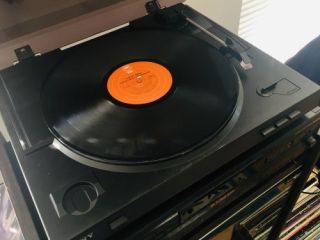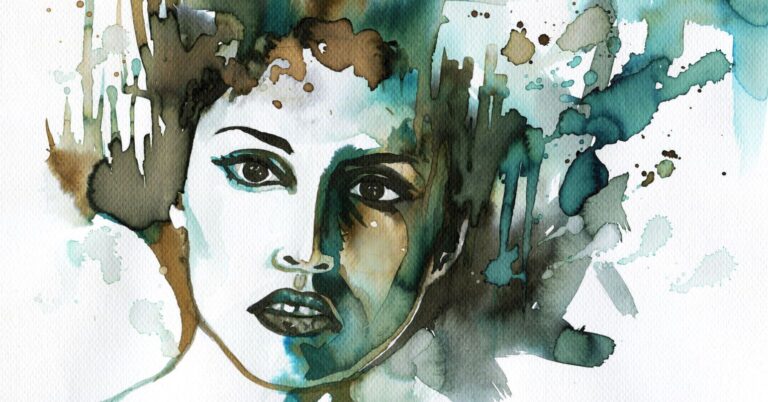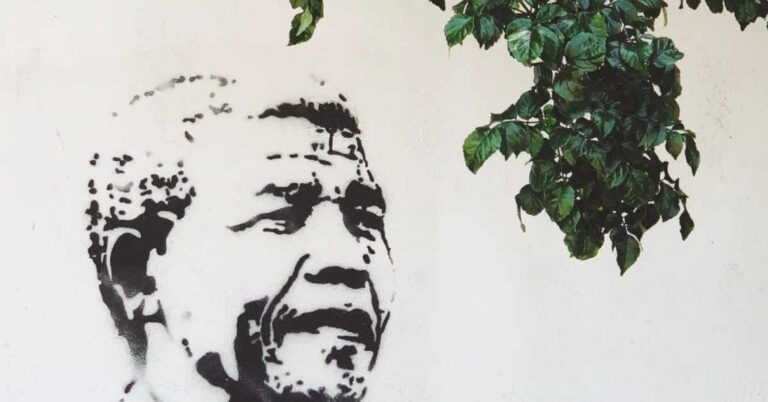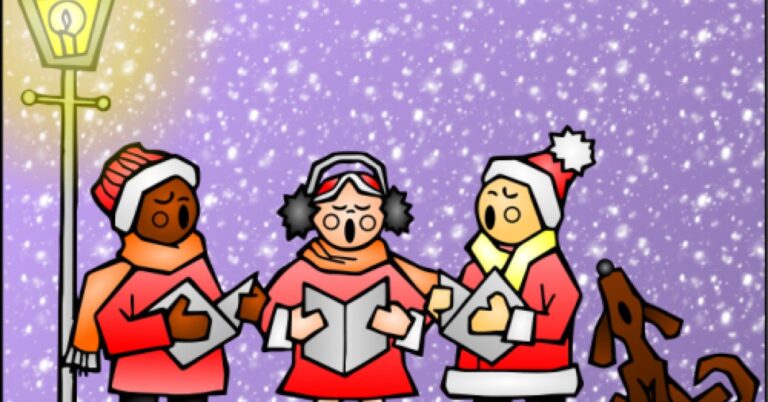
Photo by author
I was driving home the other day, feeling all the work stressors, thinking about some due bills, and looking at the “service needed” light on the dashboard. It was also my night to cook dinner, blah, blah, blah.
But, suddenly, without warning, as if the music gods were looking out for me, the opening guitar riff of Hot Blooded (Foreigner) started bleeding out of the speakers. Without thinking, my hand went to the volume nob, a youthful grin took over my sagging expression, and suddenly, I was full-on singing:
Well, I’m hot-blooded, check it and see
I got a fever of a hundred and three
Come on, baby, do you do more than dance?
I’m hot-blooded, I’m hot-blooded.
Suddenly, I felt great. (And I knew all the words.) I rolled the windows down, had energy, and felt like 1984, with no care in the world, the cool breeze blowing through my hair. Well, you get the idea. I had a complete turnaround.
It was my night to cook dinner. All because of a song. (Ummm, a seriously great song.) There’s such comfort and safety in listening to the music we grew up with. Our music.
What Is It About the Music From Our Youths?
When we hear music that is so profoundly meaningful to us, it can have a profound effect. It “changes” things immediately. We have a physical reaction—our brains release dopamine and serotonin, the “pleasure” neurotransmitters—which also prompt a psychological reaction. It makes us feel freakin’ great.
And that music, mainly from our youths, is embedded in our brains. Through research, we believe that “music memories” are some of the strongest memories that we retain. That’s why I still knew all the words.
All it takes is an opening riff, the first line of the first verse, and we can feel like we are back in our freshman dorm rooms—with our best friends. The music takes us back to a carefree time that helped shape our future selves.
This is also why someone with dementia or Alzheimer’s disease, who may not know where or who they are with, can remember the words to meaningful songs they grew up with. And then we can potentially tell a memory prompted by that song.
Recently, at one of the hospitals where I work as a music therapist, I was asked to visit with an older woman to help with orientation. She was confused and agitated, didn’t know where she was, and pulled on her IV lines. But when I sang Blue Moon, she was suddenly calm and lost in a distant memory.
When I finished the song, unprompted, she very calmly and precisely told me that she was singing that song when she met her husband for the first time. She was “sitting on a fence and watching the servicemen, who just got off of a bus, walking by. One of them stopped to listen.”
That music memory for her was strong, even with dementia. After sharing that story with me, she was calm and content, and after listening to a few more songs from that era, she soon closed her eyes and fell asleep.
The music we grew up with is the soundtrack of who we are and who we’ve become. It stays with us. It’s our identity. Our badge of honor. Most importantly, it makes us feel good. It’s always there for us whenever we need it. It’s the music we turn to when we need a boost and want to reflect on our lives.
Our “old” music makes our “current” lives more manageable. There is profound power in listening to the music we grew up with.
The Joy of Discovering Something New
However, there is also a lot of other great music out there. I am spanning the decades and spanning the world. And while there is comfort in what we know, there is also something exciting and energy-provoking in finding and discovering something new, something fresh. (And I don’t just mean newly released music. I mean, new to you.)
It gives us a new perspective on other generations and other cultures. It helps us to get outside of ourselves and can be thought-provoking.
And, get this: It also releases dopamine in our brains. How do you find it? Well, it may take a little effort (like turning on something besides Sirius/XM 80s channel.) But it’s so easy to find new music these days. You can tune in to a new station, jump on a Spotify playlist outside your genre preferences, or ask someone to recommend something.
Music and Social Connections
Music listening can be a great social connector. Everyone has “their music,” and everyone is proud of “their music” (even those who enjoy smooth jazz.) Ask someone to recommend an artist they are currently into or share a favorite playlist with you. And in return, give them something on your favorites list.
Ask a colleague or someone from work you haven’t fully known yet. This is a great way to connect and learn about others. In this isolated world, listening to music and others is a great way to connect on a human level.
I enjoy “my” music but also discovering new stuff. I want to get out of my comfort zone now and then. And I love knowing what music others enjoy and what inspires them. I love the social connections music and music listening can bring.
But no one will ever take away my Kiss records. It’s kind of like my therapy. (Beth, I hear you calling. But I can’t come home right now.)
(The stories presented in this post are based on accounts and experiences, not actual accounts or experiences.)




















+ There are no comments
Add yours